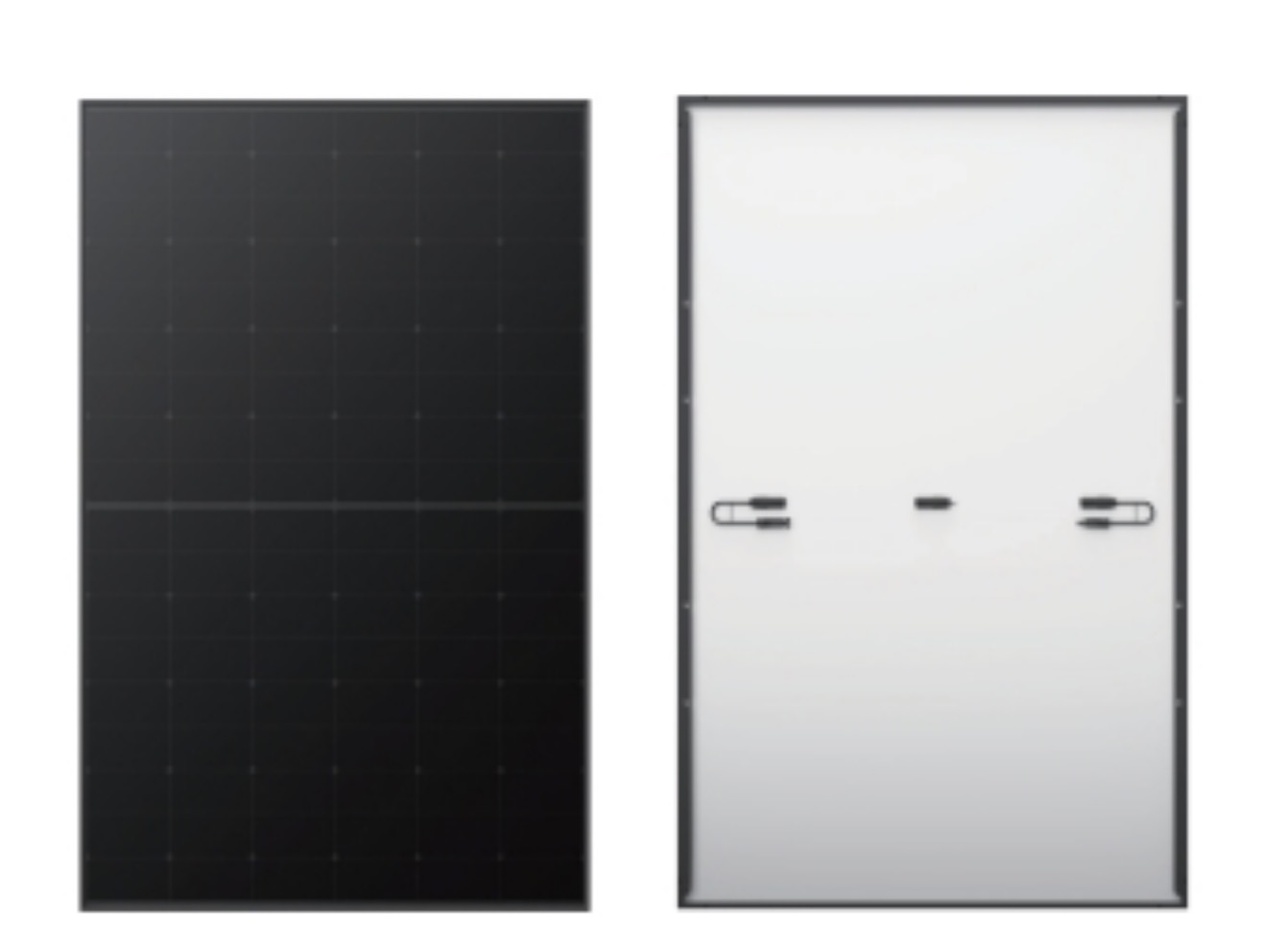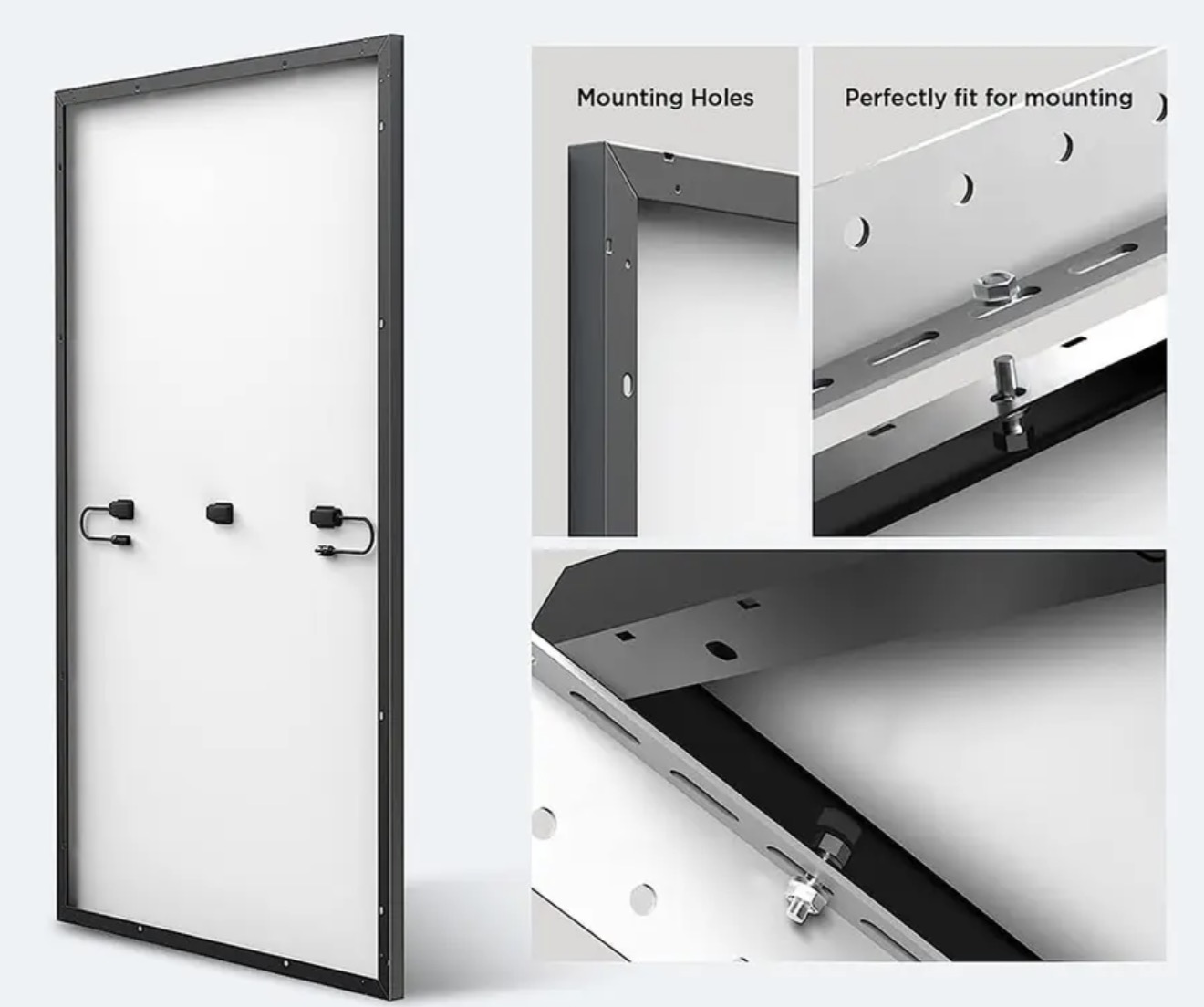[Global Network Technology reporter Wang Nan] Recently, Apple Inc. found itself caught in the "downsampling scandal," which sparked widespread consumer dissatisfaction around the world due to system updates that intentionally slowed down older iPhone models.
At present, apart from 17 lawsuits in the United States, major iPhone markets in Israel, South Korea, and other regions have also launched class-action lawsuits against Apple for intentionally limiting the performance of older devices. In South Korea, several law firms have initiated a collective legal action, while the government is investigating the issue. Over 180,000 consumers in South Korea expressed dissatisfaction with Apple’s compensation plan and are demanding free battery replacements. However, no such cases have been reported in China so far.
Yesterday, based on consumer feedback, the Shanghai Consumer Protection Committee issued separate inquiries to Apple China and its global headquarters, requesting responses to four key issues by this Friday.
The four main questions include:
1. Why did older iPhones experience slower performance after the iOS 10.2.1 update? What specific measures in the system update caused the decline in performance, and what are the potential consequences of iOS' flexible management of certain system components?
2. What remedial actions will Apple take if it alters the performance of devices without informing or obtaining user consent through system updates?
3. How does Apple ensure consumer choice when bundling performance-reducing updates with regular software updates, making it impossible for users to opt out?
4. How does Apple provide transparent information about critical details related to device performance and battery health during sales and system updates?
In December 2017, Apple admitted to slowing down older devices to extend battery life and prevent unexpected shutdowns. Despite promising free battery replacements and reducing the cost for out-of-warranty batteries, many users remained dissatisfied.
Rory van Loo, a professor of consumer technology law at Boston University, criticized Apple's short-sighted approach, calling it inconsistent with the brand’s values. “Some of Apple’s decisions were bad business moves,†he said, emphasizing the lack of transparency regarding software updates and battery conditions.
According to recent reports, U.S. Senator John Thune, the top-ranking Republican in the Senate, wrote a letter to Apple questioning its decision to slow down older iPhones. He asked whether Apple considered offering free battery replacements and stressed the need for greater transparency.
It is reported that between 2015 and 2017, the Shanghai Consumer Protection Committee received 964, 4,021, and 2,615 complaints about Apple products and services, respectively. Issues included battery quality, unexpected shutdowns, account theft, and poor after-sales service.
Public pressure, consumer backlash, brand damage, and potential legal penalties have forced Apple to reconsider its practices. The "downsampling" controversy has served as a wake-up call for the tech giant. Companies that ignore consumer interests ultimately face rejection. How will Apple resolve this growing public outcry and restore trust? It remains to be seen.
Product details and pic
All black solar panels or black frame Solar Panel, power range around 400w to 460w which is higher solar panel efficiency the front black or front and back are both black.
All black solar panel data
| mono type | mono crystalline half cut cell |
| power range | 400watt to 460watt |
| dimensions | 1176*1134*30mm |
| type | monofacial type or bifacial type |
Product details and pic


All Black Solar Panel,Trina Solar Panel Vertex S,Mono Crystalline Pv Modules,Full Black Solar Panels 420Watt
PLIER(Suzhou) Photovoltaic Technology Co., Ltd. , https://www.pliersolar.com
